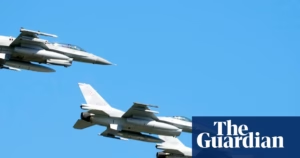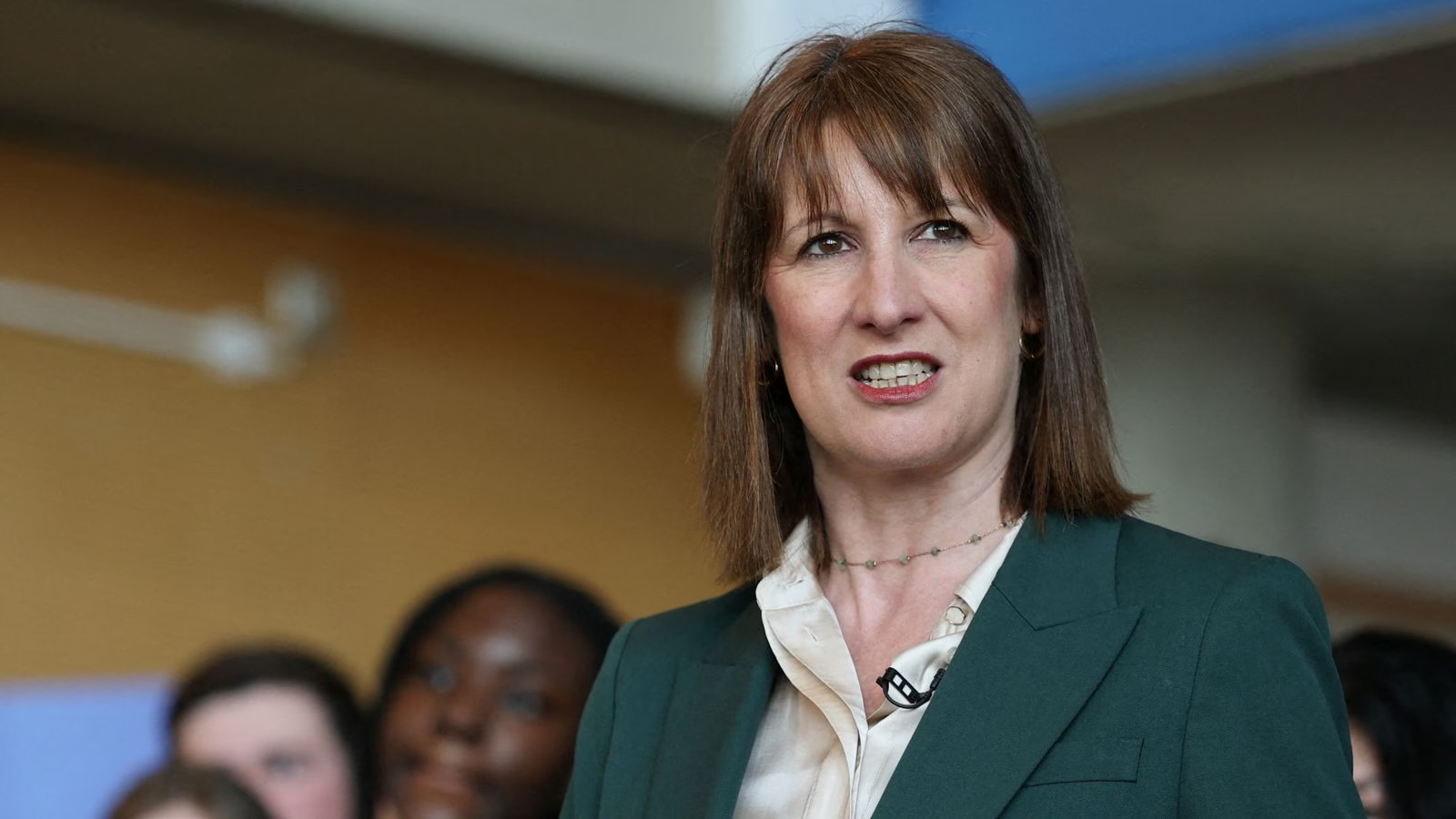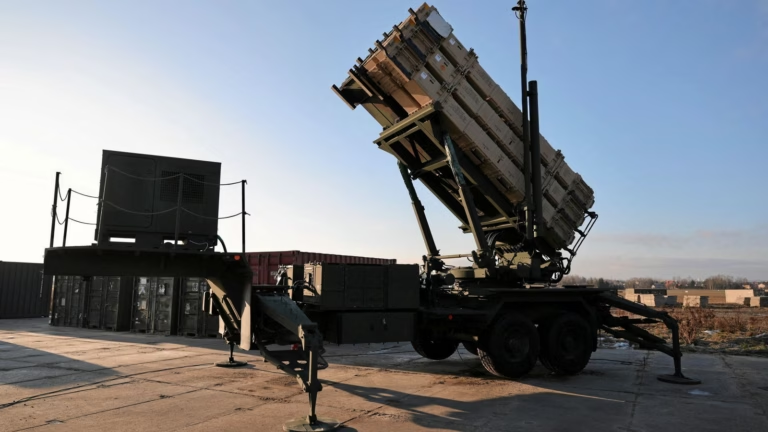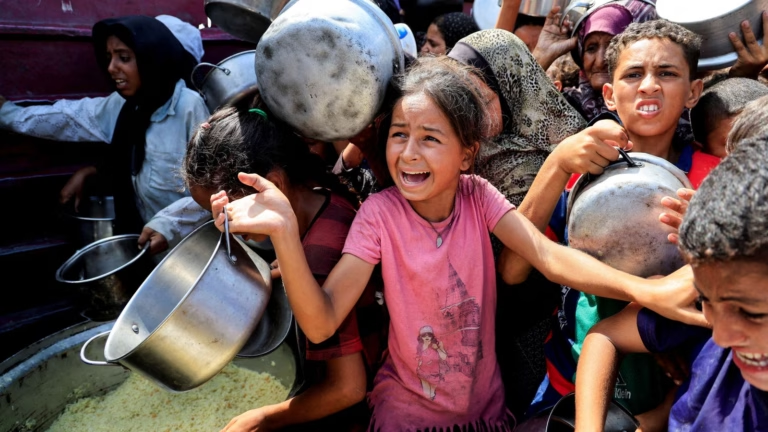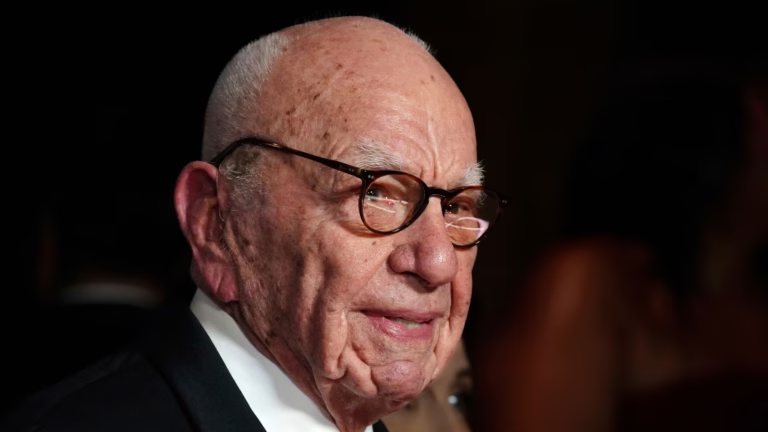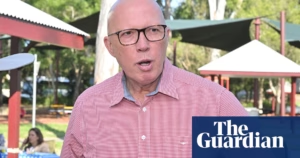<
div data-component-name=”ui-article-body” data-highlight-intro=”true”>
During the International Monetary Fund's (IMF) spring meetings this week, there will be numerous topics to discuss.
Bankers and finance ministers are heading to Washington for the latest semiannual gathering, where political figures and scholars meet to try to understand what’s happening in the global economy.
Since they last met in October, everything and nothing has changed – one person still dominates the agenda.
Six months ago, the attendees were discussing whether Donald Trump could win the election and what that might mean for tax and tariffs: How far would he push it? Would his policy match his rhetoric?
The IMF will revisit these questions: Will the US president risk plunging the world’s largest economy into recession?
Yes, he made a bold display on his so-called “Liberation Day”, but will he step back now? Have the markets effectively checked him?
Behind the scenes, finance ministers worldwide will attempt to persuade each other, each vying for US meetings to negotiate a reduction in Trump’s tariffs.
Chancellor Rachel Reeves still holds hope for a trade deal with the US, though she’s not alone.
Read more:
PM and Trump step up trade talks
Ed Conway on the impact of US tariffs
Is a recession looming?
The IMF’s economists have already made up their minds about Trump’s potential for damage.
They warned about growing risks to financial stability due to Trump’s protectionist policy.
Although they’ll likely downgrade global growth, they won’t predict a recession outright.
IMF’s Managing Director Kristalina Georgieva said last week: “Our new growth projections will include notable markdowns, but not recession. We will also see markups to the inflation forecasts for some countries.”
Georgieva acknowledged the world is undergoing a “reboot of the global trading system,” noting the trade tensions “are boiling over”.
She related it to the breakdown of trust in the international system and between countries.
